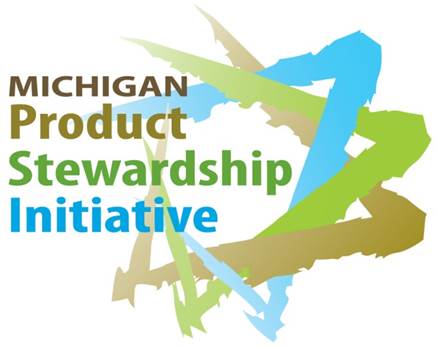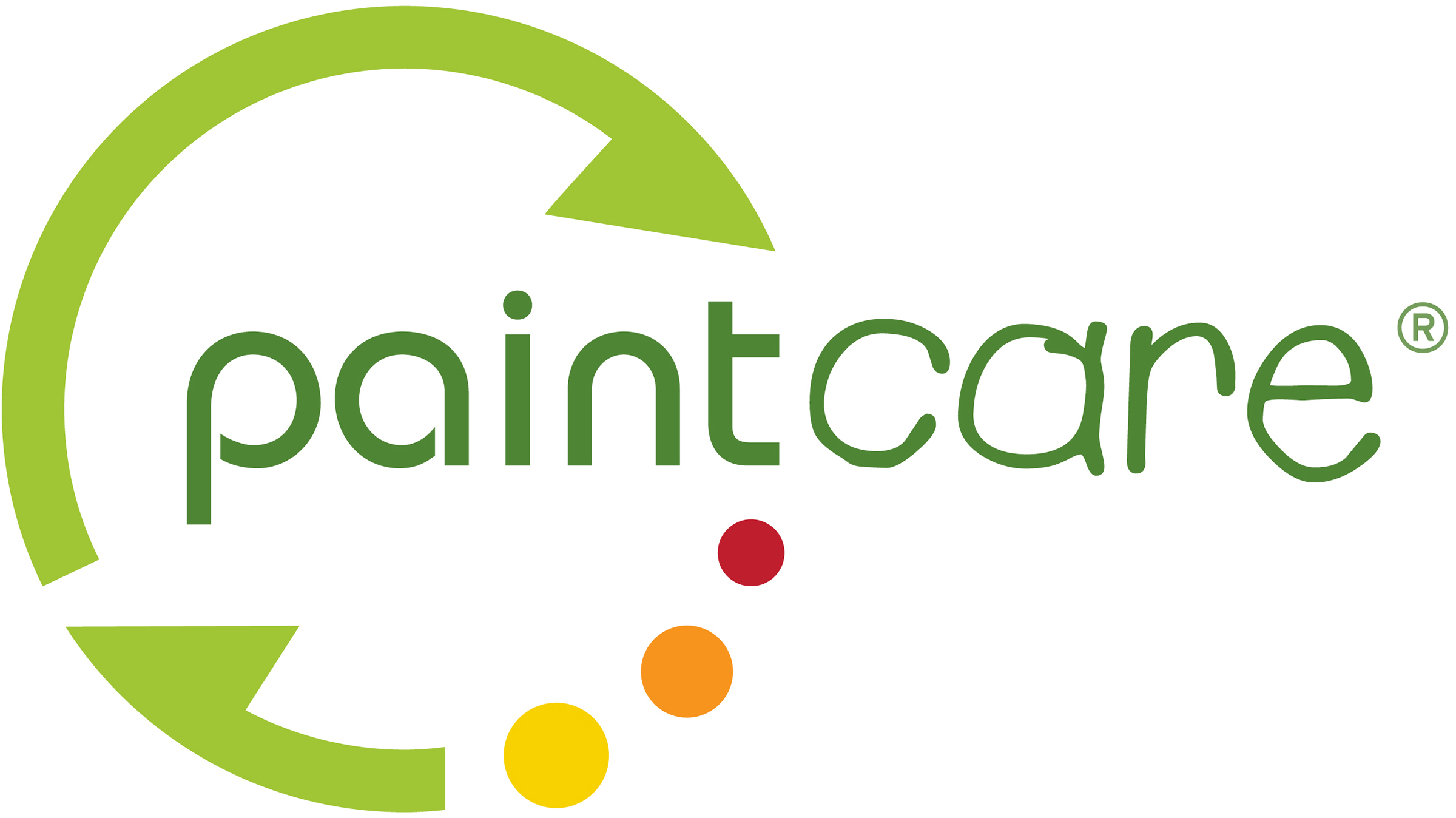PRODUCT STEWARDSHIP
Electronics, such as TVs, computers, monitors, cell phones, and tablets, contain valuable metals and components that can be used again in another manufacturing process. But they also contain potentially hazardous cadmium, hexavalent chromium, mercury, chromium, barium, beryllium, and brominated flame-retardant components that can pollute water and air resources without proper disposal or recycling. E-waste did not even exist as a waste stream in 1989 and now it's one of the largest and growing exponentially. Michigan law requires manufacturers and distributors of electronic products to provide free and convenient recycling options for its consumers.
Dell Reconnect teams up with Goodwill to provide recycling options for computers and TVs. The State Electronics Challenge provides helpful information about reducing the environmental impact of computers throughout their life. Retailers such as Best Buy and Staples often offer periodic collections for the electronic products they sell. For other recycling and reuse resources, refer to Earth911 or call your local recycling contact.
Protect your privacy by removing your data from whatever you're donating or recycling with these handy tips.
The current system for managing unused architectural paint in Michigan places the burden of proper disposal and recycling of unused paint on local government. The American Coatings Association and the U.S. EPA estimate that 10 percent of all architectural paint sold each year in Michigan goes unused.
Currently, most Michigan residents do not have access to convenient paint collection and recycling opportunities, so millions of gallons of unused paint are either being disposed of through the municipal solid waste stream, collected by a local household hazardous waste (HHW) program at the expense of the local government, stockpiled by he consumer, or simply released into the environment These behaviors result in costs to society in the form of environmental impacts associated with landfilling or dumping unused paint and disposal costs to the local HHW collection program.
The cost to properly manage unused paint is $8 per gallon to the publicly operated HHW program. Nationally, post-consumer paint is the largest component of local HHW collection programs at 50% of total collected materials by weight. Properly collected, unused paint is a highly reusable and recyclable material that is converted to products ranging from new paint, plastics, and cement additives or burned for energy.
Improving Paint Recycling in Michigan
Michigan has a unique opportunity to enact paint stewardship legislation in partnership with the paint industry. This opportunity to work together to save money for Michigan's state and local governments is the result of a national, multi-stakeholder agreement facilitated by the Product Stewardship Institute.


